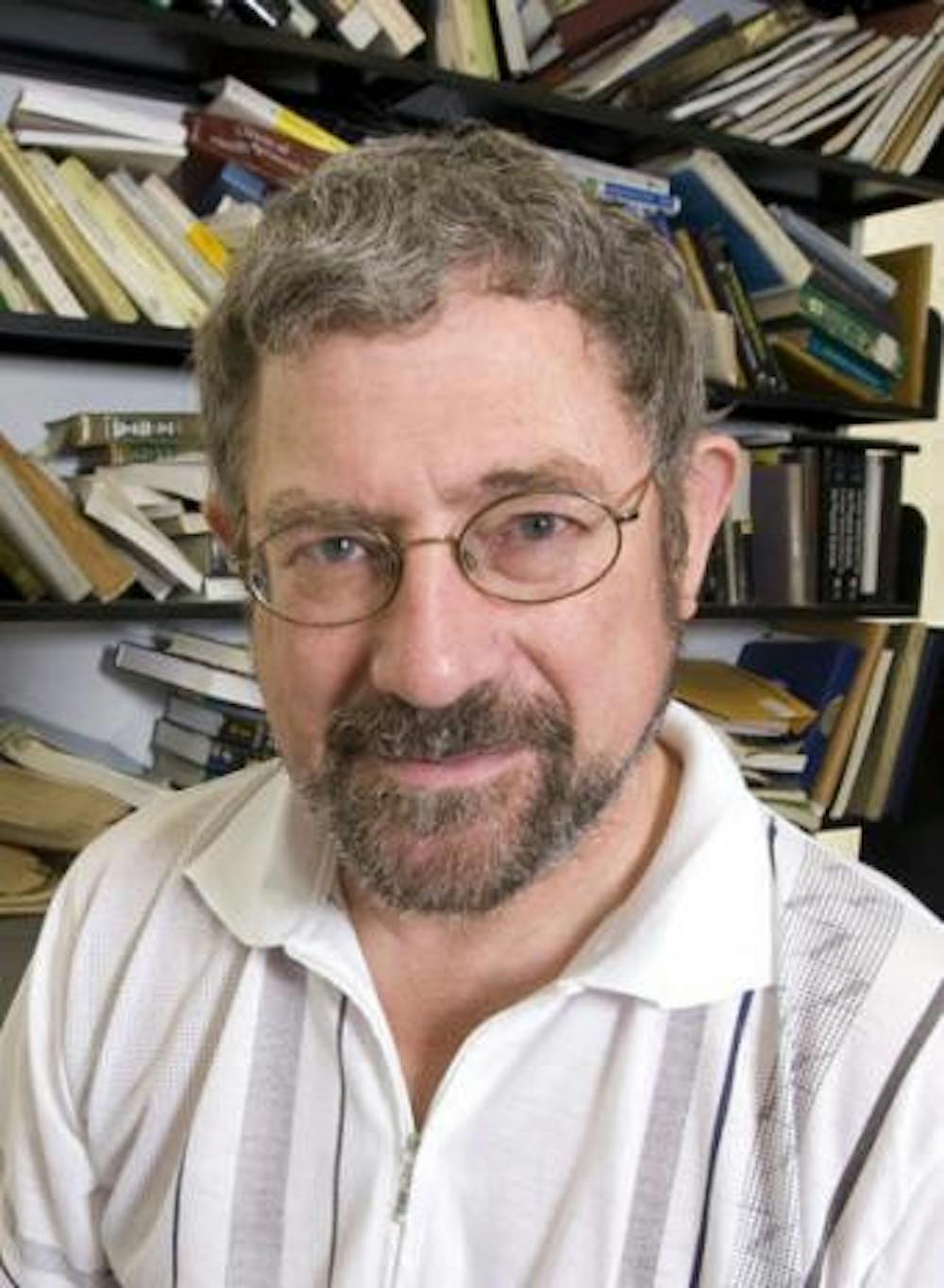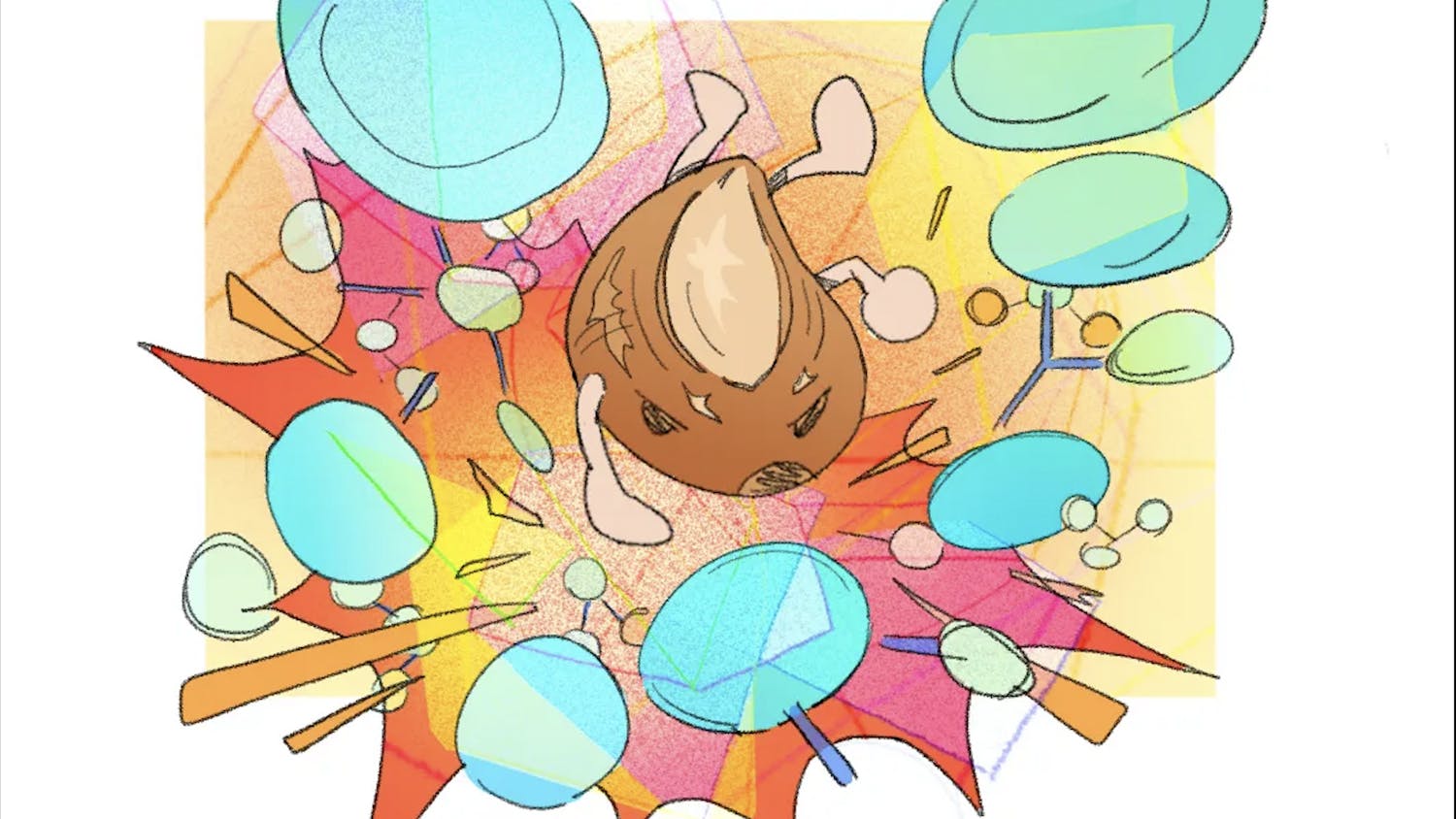J. Michael Kosterlitz, professor of physics, was named a winner of the 2016 Nobel Prize in Physics Tuesday morning. Kosterlitz shares his half of the prize with Frederick Haldane, professor of physics at Princeton. The other half of the prize was awarded to David Thouless, professor of physics at the University of Washington.
This year’s prize was given for the physicists’ “theoretical discoveries of topological phase transitions and topological phases of matter,” according to the press release from Nobelprize.org. Kosterlitz is specifically recognized for his work, conducted with Thouless in Great Britain during the early 1970s, that explored the physics of substances so thin that they were viewed as two dimensional. They showed that superconductivity is possible at low temperatures and described the change that makes it vanish as temperatures rise.
Examining an extremely thin layer of matter as it was warmed from very low temperatures, Kosterlitz and Thouless observed that the tight pairs of vortices formed in the cold suddenly split at the temperature of the phase transition. The scientists used topology, or mathematics that involve changes occurring in steps, to explain this alteration, according to the background information published with the press release.
The discovery of the Kosterlitz-Thouless transition revolutionized knowledge about phase transitions. Previously, the scientific community assumed that ordered phases of matter — like gas, liquid and solid in the world of three dimensions — do not exist in flat materials, so transitions between phases could not exist either.
The Kosterlitz-Thouless transition applies to many substances, and has proved useful in studying condensed matter, atomic physics, statistical mechanics and other areas. The information appended to the press release noted the potential of topological materials to aid the development of electronics, superconductors or quantum computers. “Current research is revealing the secrets of matter in the exotic worlds discovered by this year’s Nobel Laureates,” the press release stated.





